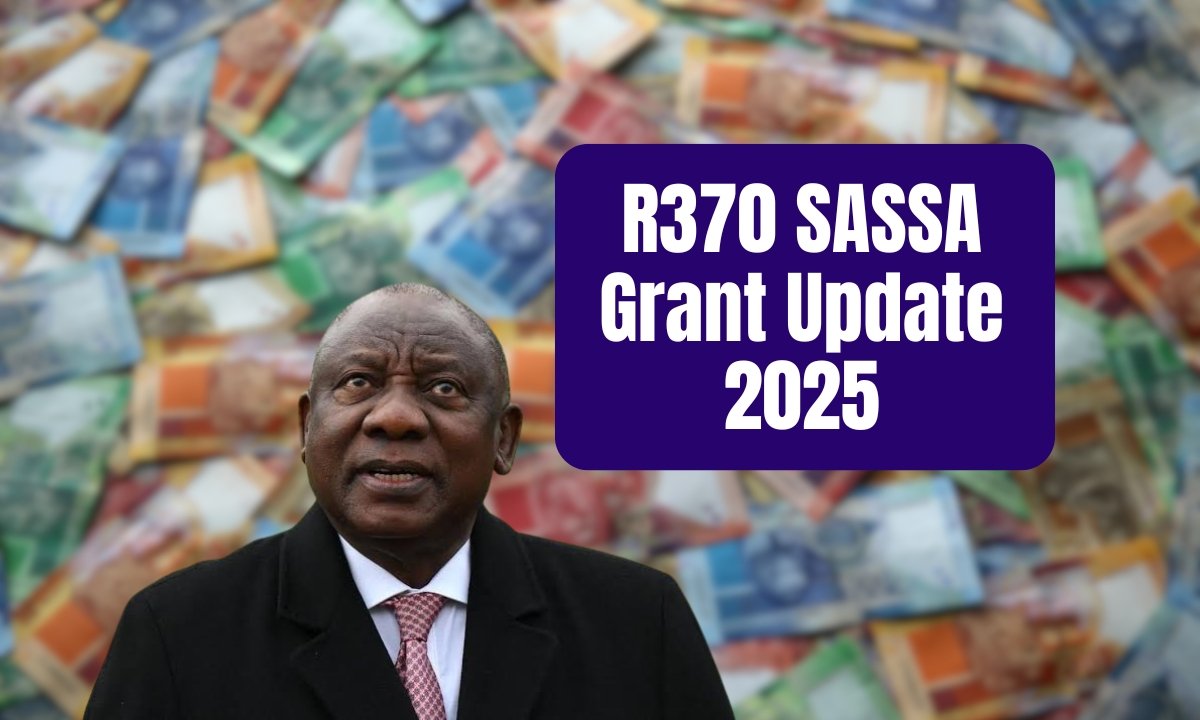South Africa Social Security Agency introduced major upgrades for the Social Relief of Distress grant in 2025 to increase accessibility and aid millions of unemployed South Africans. The SRD grant was launched in 2020 as a stopgap emergency relief, paying out R370 per month; with the multiplying economic pressures, it is a much-needed assistance to the afflicted.
It hopes to simplify the application procedures, review eligibility criteria, and make payments secure and less prone to any fraudulent activity, thereby implementing a High Court order of January 2025 that ruled previous sets of regulations unconstitutional. The article covers the major changes and their implications for the beneficiaries.
Streamlined Application Procedure
One of the major amendments has been the removal of income-related questions from the SRD grant application form as per concerns from advocacy groups like the Institute for Economic Justice. Previously, small or one-off payments, gifts from family maybe one, could end up disqualifying the applicant. In the new dispensation, SASSA is expected to verify the applicant’s income through monthly bank checks. It exhibits a less confusing and rejection prone process than the earlier one. This change allows for faster processing rates for the applicants while improving access for vulnerable groups such as those who are illiterate or do not have access to the internet.
Changed Income Threshold and Eligibility
The SRD grant remains means-tested, with it being raised effective from the beginning of February 2025 to R624 per month against R350 before. The requirements further stipulate that applicants have to be in South Africa as citizens, permanent residents, or refugees of ages 18-59, are unemployed, and are not receiving any form of grants from UIF or NSFAS (save for child support).
Monthly checks against bank accounts ascertain that income remains below R624, but eligibility gets reset every month. Hence, an individual whose income level glides above and below 624 can get disqualified in one month and requalified in the next. The in-person applications at SASSA offices now furthermore allow for improved access for applicants down in rural areas.
The Transition to Postbank Black Card
From February 2025, SASSA will stop issuing Gold Cards and issue Postbank Black Cards, which provide more secure payments and access to beneficiaries. Beneficiaries must change their cards by 20 March 2025 so as not to face delays in payments. These new cards allow cardholders to withdraw cash from Checkers or Pick n Pay stores. Beneficiaries need to visit a Postbank branch with their IDs to load the cards with their funds, ensuring that it is loaded to the right person.
Future Outlook and Public Feedback
Extension of the SRD grant has been done for March 2026 onward, with talks to convert this grant into a permanent Basic Income Grant. According to the Department of Social Development’s website, the public will have until April 14, 2025, to comment on the draft proposals. The changes signify the intention of SASSA to promote fairer support to the people given higher prices of everyday living, but funding remains an issue.
Also Read: SASSA August 2025 Payment Dates Announced: Check Your Grant Schedule
